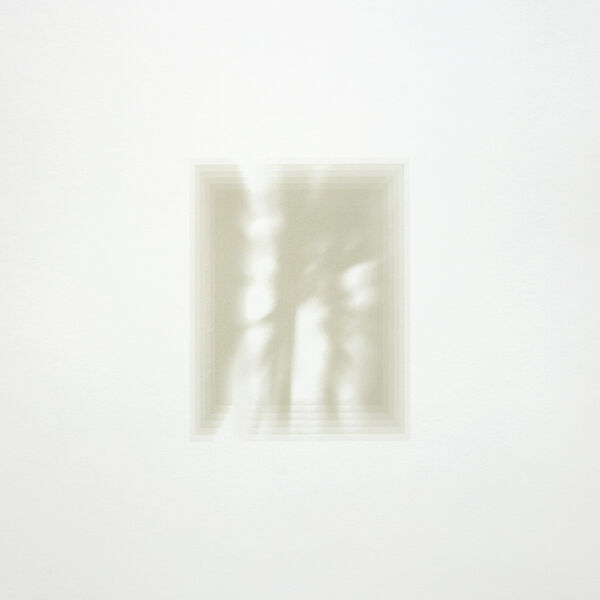Lias Saoudi from Fat White Family navigates poetry, punk, and culture in the digital age for Qobuz
QobuzIn the British punk scene, Fat White Family stands out from the crowd. Since their debut album Champagne Holocaust, released under Fat Possum in 2013, the band led by Lias Saoudi and Saul Adamczewski has made a profound impact on the English music scene. Their performances, evocative of a descent into Dante’s Inferno, and their shocking music videos, which blend fantasy and nightmare; beauty and rawness, paint an unsettling image of a dysfunctional family. Fat White Family succeed in rebelling against the mundane 9-to-5 lifestyle, while embracing the love of art.
Transitioning to Domino Records with their preceding album, Serfs Up!, this troupe of mischievous provocateurs is now set to release their fourth album this April, marked by the dissolution of the Lias/Saul partnership. Lias Saoudi now helms the ship alone, carving a new path. At 37, this fervent admirer of The Fall’s iconic frontman Mark E. Smith reluctantly confesses his aspiration to pursue a writing career.
Every aspect of Saoudi seems fractured; he is caught between two realms. He experiences conflicting desires to write or compose, perpetually flitting between them thanks to his own dissatisfaction, impatience, lack of confidence, defeatism, or weariness. Furthermore, he appears torn between two homelands – Algeria, from which he draws his Berber heritage, and England, where he was born – leaving him feeling incomplete – a " half-breed, " as he puts it.
Speaking to us from Les Quidams, a Parisian café in the 17th arrondissement, whose Latin name is not lost on Saoudi, he delves into his passion for literature and art. He draws inspiration, he says, from the works of Jean Genet and Egon Schiele, which have heavily influenced the aesthetic of Fat White Family, as well as his disillusionment with contemporary society.
